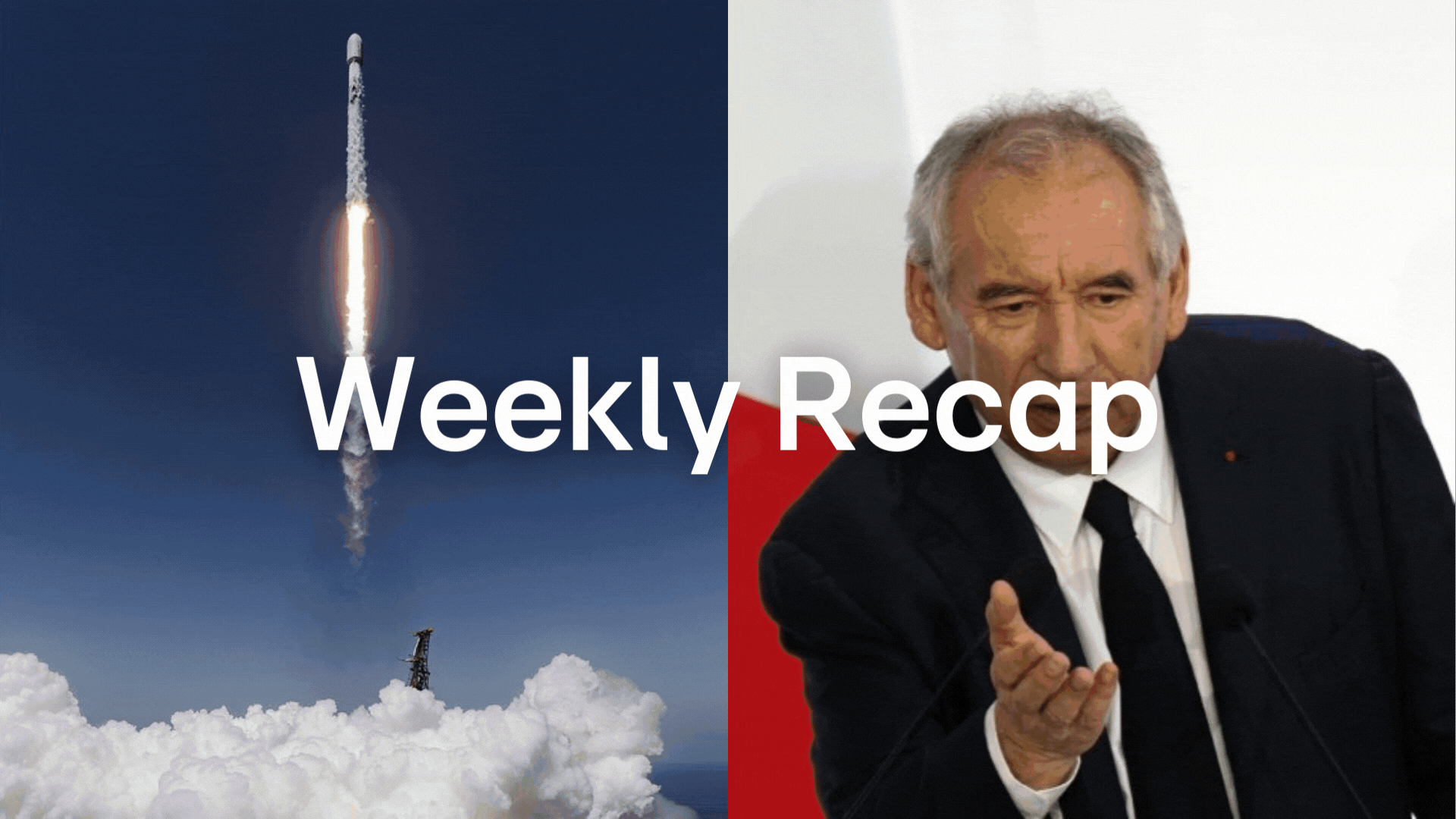
Here are five things you should know at the end of this week:
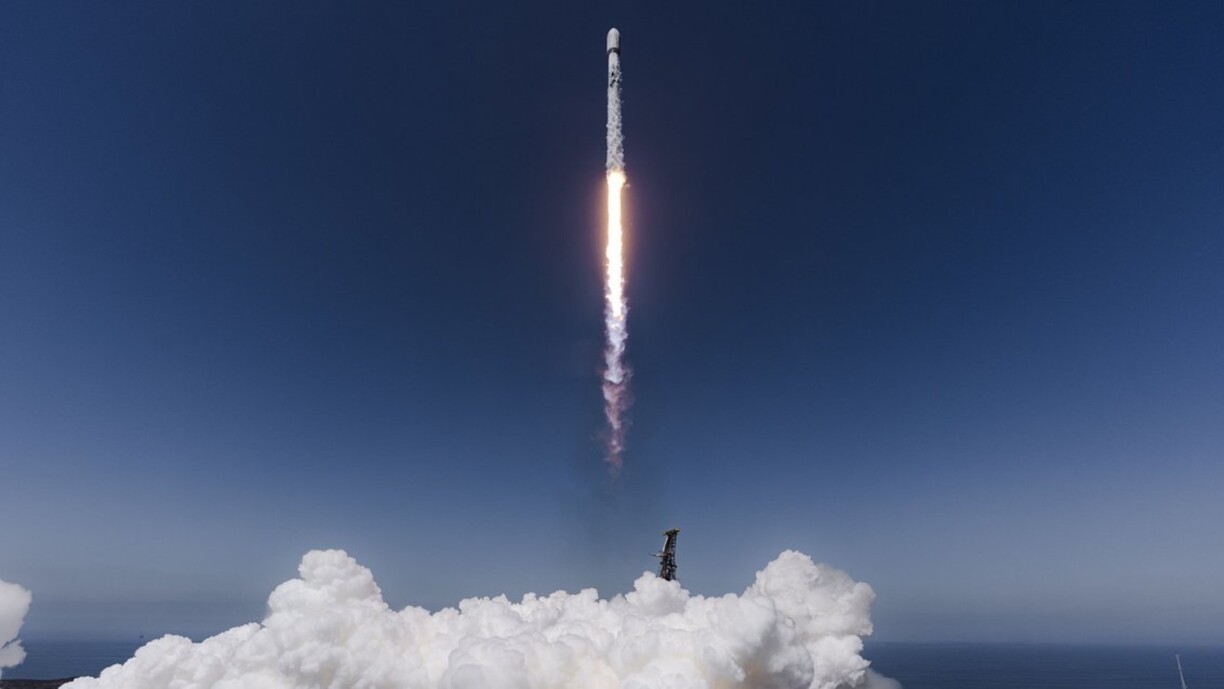
Luxembourg successfully launched its very first observation satellite, named LUXEOSys, aboard a SpaceX Falcon 9 rocket on Tuesday evening.
First observation satellite – Luxembourg celebrates another first as it placed an Earth observation satellite, called LUXEOSys, into orbit on Tuesday evening. Launched from California aboard a SpaceX Falcon 9, the satellite separated just under 12 minutes later and will orbit the planet roughly 15 times a day.
Operations are expected to begin in about six months, with an anticipated lifetime of seven to ten years.
Years of political and financial turbulence – Initiated by then-LSAP defence minister Etienne Schneider in 2016, the project has been marred by setbacks, including cost overruns, delayed timelines, and criticism over transparency.
Reports revealed the government knew as early as 2018 that the initial €170 million budget would be insufficient, sparking parliamentary hearings, audits, and accusations of mismanagement. A special Court of Auditors report and subsequent PwC review raised questions over tender processes and the project’s spiraling costs.
Significant milestone – Despite the controversy, LUXEOSys represents a significant leap for Luxembourg’s space ambitions. The satellite will provide Earth observation capabilities for both civilian and military applications, though officials stress it is not intended for espionage or missile guidance.
A second GovSat communications satellite is also planned, underscoring Luxembourg’s growing role in Europe’s space sector.
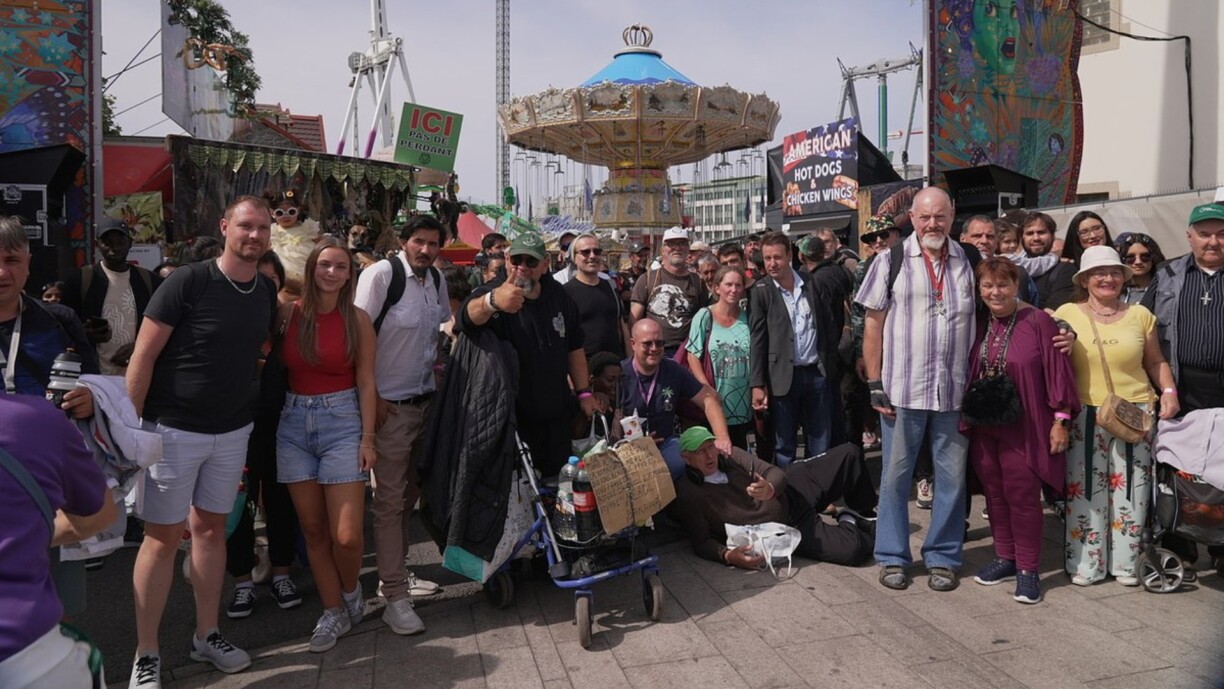
Luxembourg’s beloved Schueberfouer returned on Friday for its 683rd edition, with hopes of up to two million visitors this year.
Alongside the extensive offer of rides, food, and beverage stands, old traditions are continuing, from mayors serving guests to charity outings for the Grand Duchy’s most vulnerable communities.
The fair doesn’t come without criticism, however, with cycling groups warning of unsafe conditions created by the bike path closures.
Schubi’s back – The Schueberfouer opened last Friday for its 683rd edition, drawing large crowds thanks to sunny weather. Organisers say early turnout suggests the fair could once again reach between 1.5 and 2 million visits before it closes.
With some 200 stalls and rides, about half run by Luxembourgish families, the event remains a cultural landmark and major driver for the local economy.
Charity events galore – The fair has already showcased its signature traditions. On Tuesday, 53 mayors donned aprons instead of suits for the annual ‘Buergermeeschterdag’, raising €5,000 for the Luxembourg Red Cross by serving food and drinks.
The NGO Stëmm vun der Strooss also continued its long-running tradition of bringing hundreds of disadvantaged residents for a day of fun, rides, and a shared meal, a highlight many participants described as a rare escape.
Safety concerns – Naturally, the festivities have not been without controversy. Cycling advocacy group ProVelo condemned the closure of key bike lanes around the Glacis square for the duration of the fair, pointing out that no safe detours are offered. Cyclists are left to either dismount or ride directly into traffic, which the group warns is unsafe.
ProVelo has urged the city to shrink the fair’s footprint or reallocate road space to keep bike routes open in future editions.
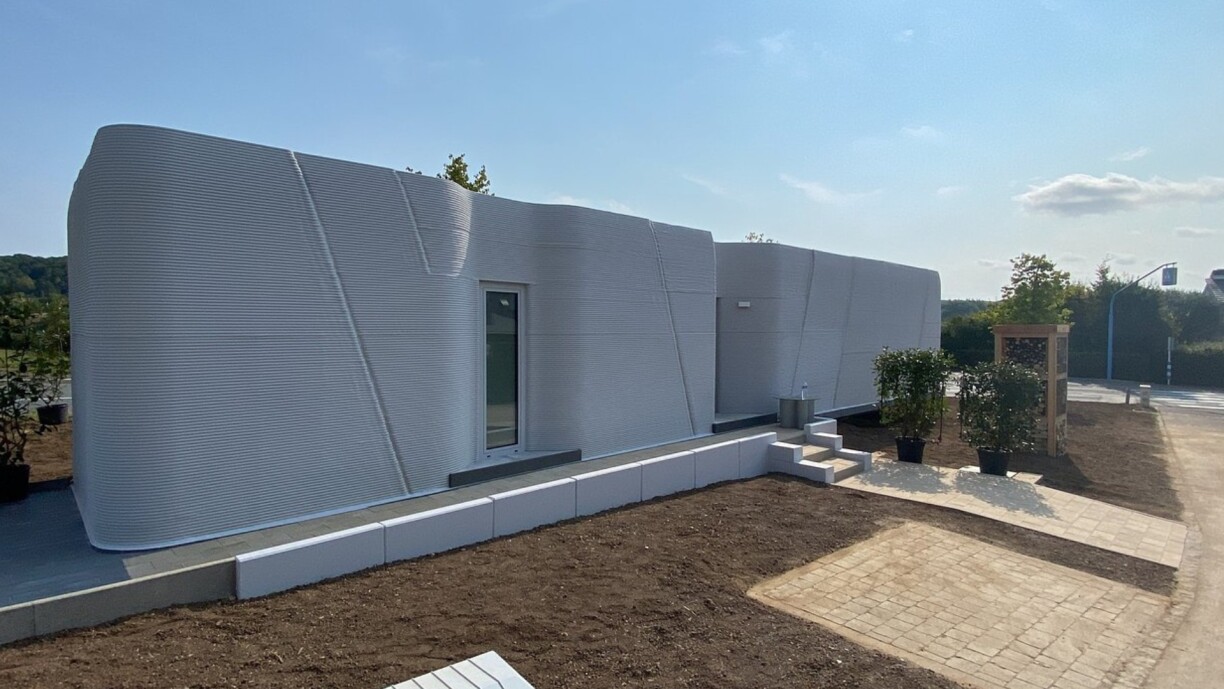
A 3D-printed tiny house was completed in Rameldange, marking a first for Luxembourg and a milestone in sustainable building.
The project is part of an affordable housing scheme aimed at helping young residents stay in their communities.
Tenant expectations – In a first for the Grand Duchy, a fully 3D-printed tiny house has been completed in the municipality of Niederanven. The build, part of the ‘Hei wunne bleiwen’ initiative, targets residents under 35 struggling to stay in their hometowns due to soaring rents.
The unit in Rameldange was one of five made available under the scheme, with rent set at €900 per month. The tenant selected has deep ties to the community and long-standing volunteer involvement – precisely the kind of applicant the project was designed to support.
Architectural freedom – Architect Bujar Hasani highlighted the 3D-printing method’s efficiency: the structure took just 27 hours to print and used local, sustainable materials. Even the coloured façade doubles as insulation.
Hasani sees potential in expanding the technique to other developments, with tiny houses offering both architectural freedom and a faster path to affordable housing. The municipality says the project could serve as a model for turning underused plots into livable, eco-friendly homes.
Innovation meets social need – Niederanven Mayor Fred Ternes hailed the tiny house as not only a construction achievement but also a symbol of innovation meeting social need. With high demand already evident, the municipality plans to explore broader applications of the concept, including new tiny neighbourhoods. While still experimental, the project points toward a future where housing in Luxembourg could be cheaper, greener, and more rooted in local identity.
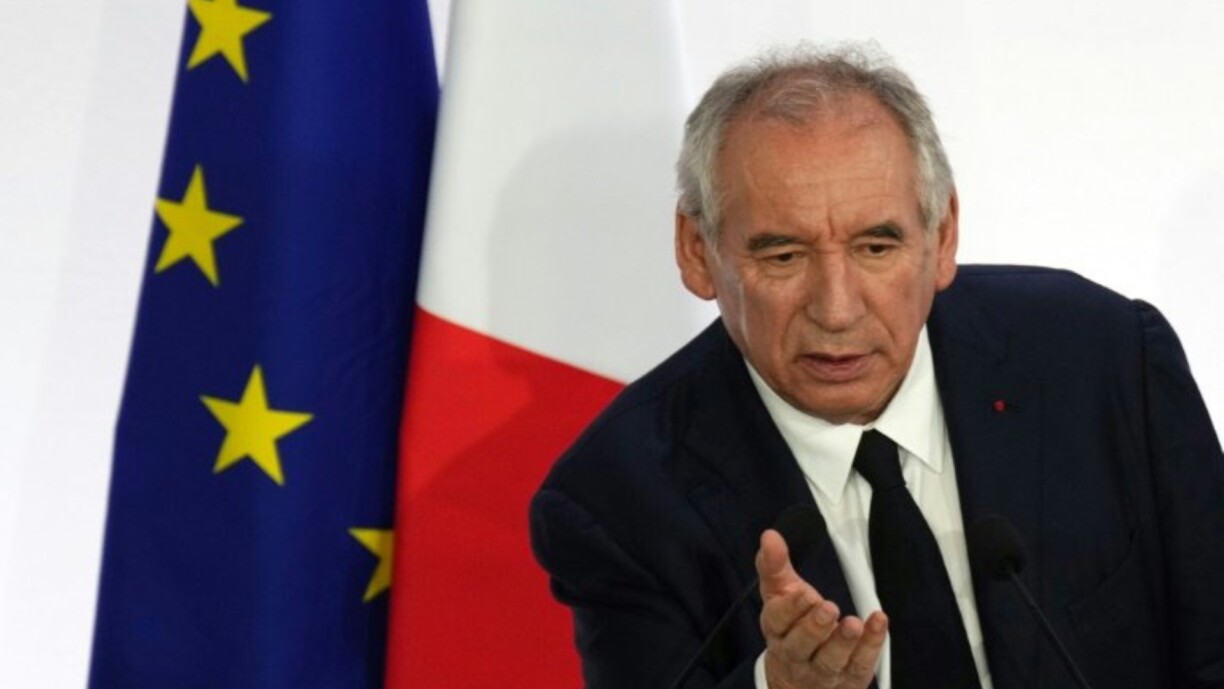
French Prime Minister François Bayrou has called a high-stakes confidence vote for 8 September, risking the collapse of his government over contested austerity plans.
With both far-right and left-wing parties having vowed to vote against him, the prospect of a snap election seems likely, leaving France in search for its seventh prime minister since 2017.
Markets are rattled, with plunging bank shares and rising borrowing costs as France teeters on the edge of its seventh government collapse since 2017.
Bayrou on the brink – Prime Minister François Bayrou has triggered a parliamentary confidence vote in an attempt to break a political deadlock over his €44 billion cost-cutting plan. The proposal, which includes reducing public holidays and slashing public spending, has been widely condemned across the political spectrum.
With no majority in the National Assembly and both the far-right National Rally and left-wing France Unbowed pledging to vote against him, Bayrou’s government now stands on the verge of collapse – a potential sixth since Macron took office.
Protests loom, opposition hardens – Beyond parliament, Bayrou faces swelling street-level resistance. A growing coalition of unions, environmental groups, and grassroots campaigns has called for a nationwide mobilisation on 10 September, just two days after the vote.
Under the banner “Bloquons tout” (“Let’s block everything”), protestors are urging a full shutdown of transport, schools, and public services. Green and socialist leaders have described Bayrou’s push as socially reckless and politically illegitimate, with many now framing the confidence vote as a referendum on Macron’s entire presidency.
Markets feeling uneasy – The political crisis is already shaking investor confidence. The Paris CAC 40 (Continuous Assisted Trading) index dropped sharply, with major French banks like BNP Paribas and Société Générale losing between four and six percent. Government bond yields have also spiked, signalling concerns that prolonged instability could jeopardize France’s fiscal credibility.
While Macron has voiced full support for Bayrou, even members of his own camp admit a snap election may soon be unavoidable if no compromise emerges. As Bayrou himself warned, “Twelve days is a very long time in politics – and also in crisis.”
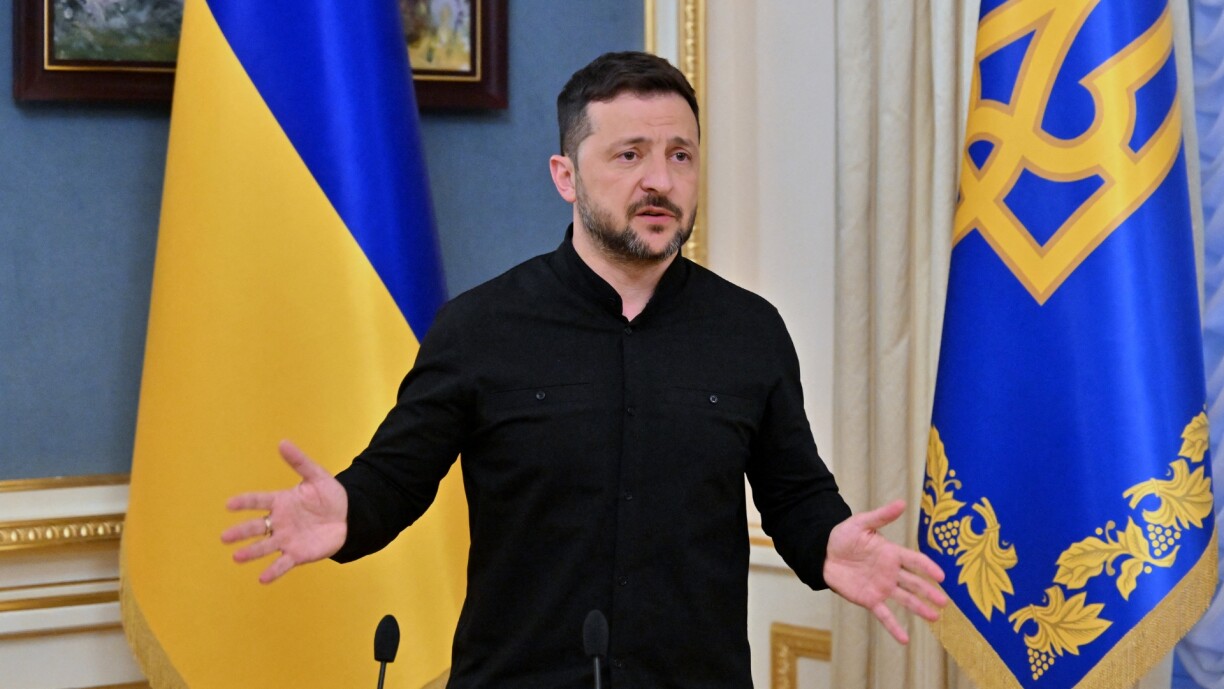
Ukrainian authorities have reported 23 dead in Kyiv as a result of Russia’s harshest attacks on the capital since February 2022.
The European Union and other allies are responding with talks about new sanctions and heightened military aid, with US President Donald Trump’s peace process earlier this month feeling like a distant reality.
Ukrainian President Volodymyr Zelensky is now urging unity, calling for a strong joint signal to Pressure Putin back to the table.
Deadliest strike since 2022 – Ukrainian authorities confirmed 23 deaths, including four children, after Russian missiles and drones tore through residential areas of Kyiv in the early hours of Thursday. It marks the capital’s deadliest bombardment since the full-scale invasion began in 2022, with apartment blocks destroyed and EU diplomatic buildings damaged. Survivors described the horror of fleeing collapsing buildings, and rescuers spent hours recovering victims from the rubble.
Alaska long gone – The strike came just weeks after US President Donald Trump’s high-profile summit with Vladimir Putin in Alaska, which had sparked hopes for de-escalation.
But with Kyiv in ruins once more, European leaders, including Ursula von der Leyen, vowed to step up pressure, summoning Russia’s ambassador and promising a 19th sanctions package. Meanwhile, Washington approved an $825 million missile sale to Ukraine, backed by European allies, while Luxembourg and others reaffirmed their support with technology, training, and funding.
Zelensky calls for unity – In the wake of the attack, President Zelensky called on European leaders to send a united message to Moscow, warning that only joint action at the highest level could shift the Kremlin’s stance. He reiterated that Ukraine will not concede territory or accept a peace dictated by force, pressing for sanctions, military guarantees, and a clear roadmap for lasting security. “It’s time to move,” he said. “Only unity can end this war.”
Business & Tech – The European Commission is asserting its sovereign legal right to regulate Big Tech companies such as Meta and Apple.
Science & Environment – The remains of 3.18-million-year-old Lucy, a human ancestor, are being exhibited in Europe for the first time at Prague’s National Museum.
Entertainment – Taylor Swift and Travis Kelce announced their engagement on Instagram.
Illegal double-tap strike – Israel conducted a suspected double-tap airstrike on Gaza’s Nasser Hospital, according to Al Jazeera, killing 20 people including five journalists – an act that constitutes a war crime under international law, which also prohibits attacks on hospitals.
Hotel on wheels – From November, Luxembourg joins a Swiss-owned premium overnight bus network linking Brussels, Amsterdam, Zurich, and Barcelona.
Rearmament in full swing – German weapons-maker Rheinmetall has opened Europe’s largest munitions plant, aiming to produce 350,000 shells annually to bolster NATO and Ukraine.

Your Weekly Recap is published every Friday at noon. Read earlier versions.